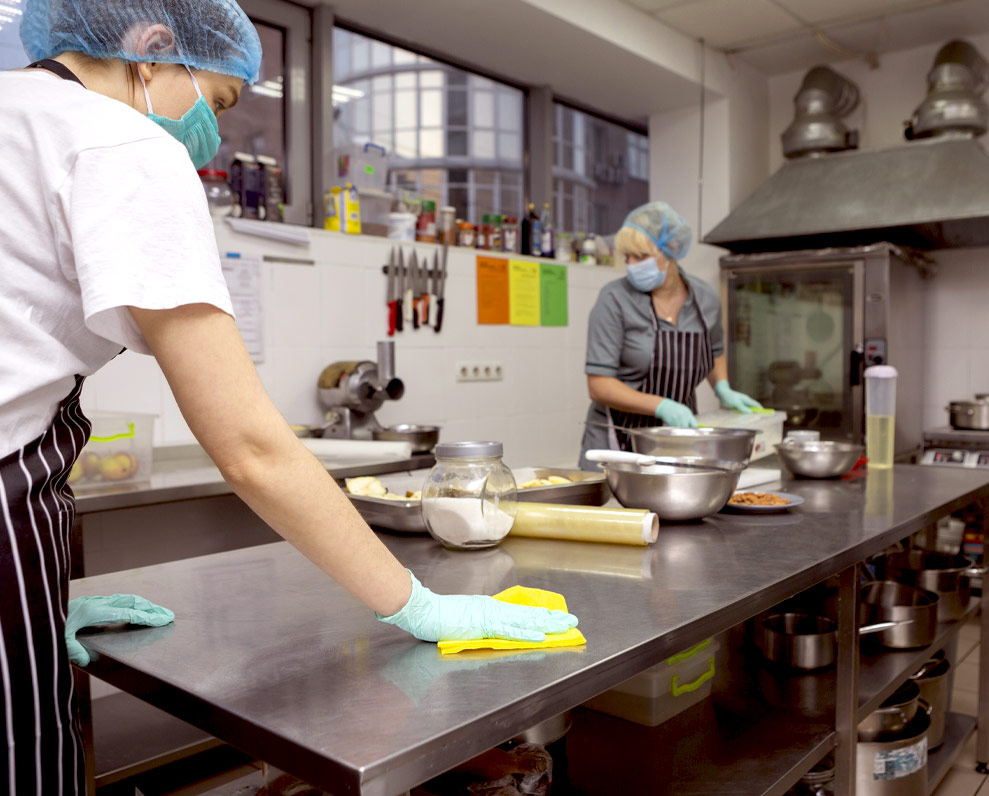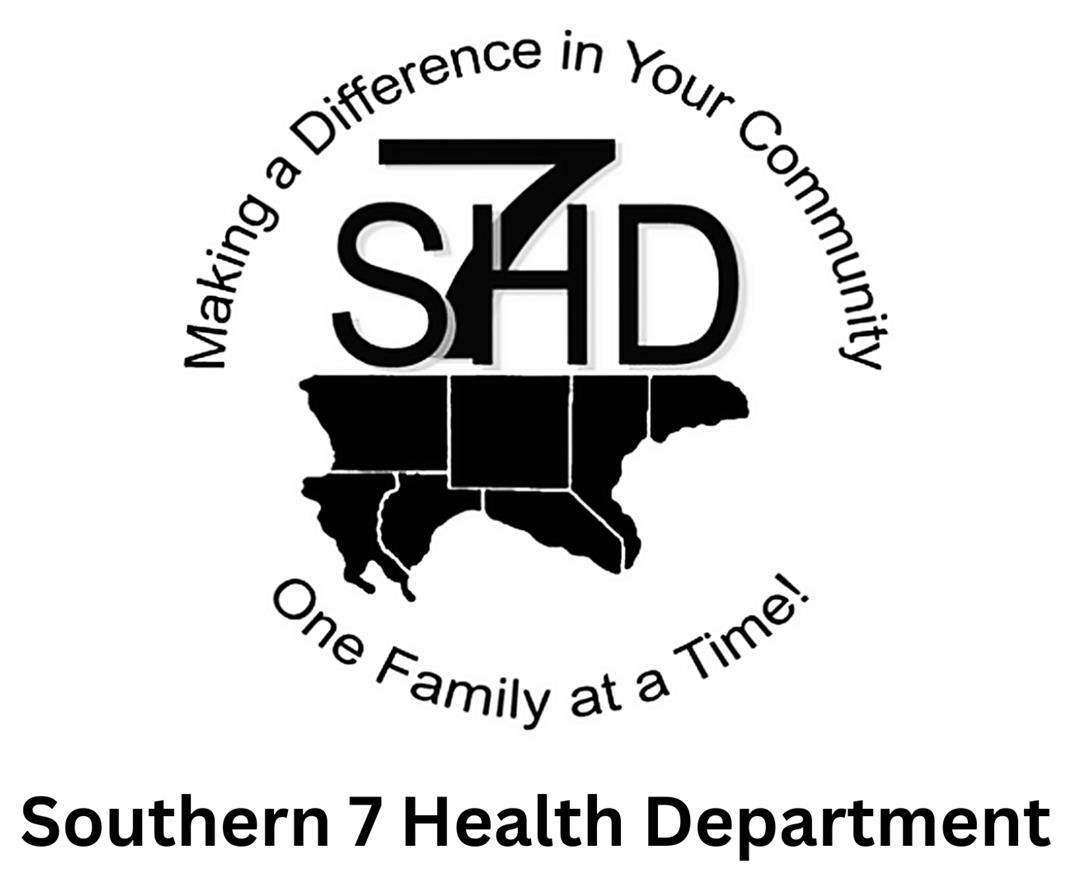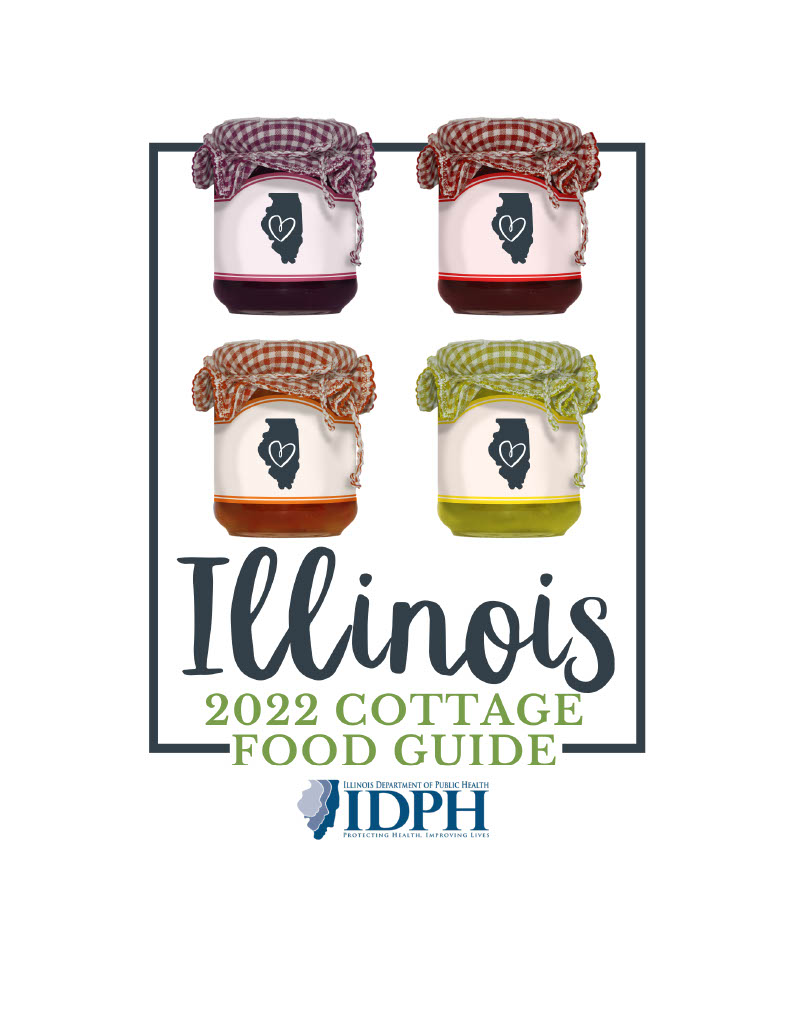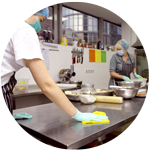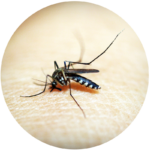Food Service Sanitation Program
Through the food service sanitation program, our Environmental Health staff conduct regular inspections of all food service establishments within the seven counties we serve. This means that the restaurants you eat at in the seven counties have safer food handling practices and their employees have received training in how to keep the food they prepare for you free of disease and bacteria. Restaurants, deli counters, booths at county fairs, and other places selling food are required by county ordinances to go through the process of securing a food service permit.
In the event of an outbreak of food borne illness (food poisoning), our staff conduct an investigation to determine how the illness was caused so additional people do not get sick.
